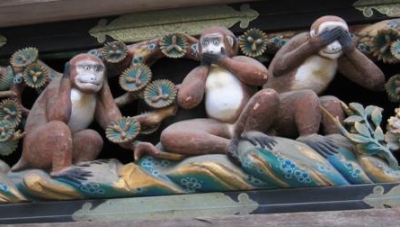

 Stockholm -- Approximately two months ago a mass grave with remains after murdered Assyrians was found outside the village of Dara in south-eastern Turkey. The remains are from some of the Assyrians that were murdered by the Turkish military and by local Kurdish clans during the genocide against the Assyrians during the First World War.
Stockholm -- Approximately two months ago a mass grave with remains after murdered Assyrians was found outside the village of Dara in south-eastern Turkey. The remains are from some of the Assyrians that were murdered by the Turkish military and by local Kurdish clans during the genocide against the Assyrians during the First World War.
Leading Turkish politicians, like Prime Minister Recep Tayyip Erdogan, have time after time "ensured" the world: "Turkish archives are open, we have nothing to hide ".
The discovery of this mass grave has put the Turkish politicians and other parts of the society in a condition unable to take action. The "assurances" which Turkish politicians have given so frankly are after the discovery of the mass grave nothing but a memory. Almost two months have passed, but the leading politicians in Turkey have still not commented the discovery of a mass grave with remains after murdered Assyrians from the genocide during the First World War. The silence is total and evident.
The only reaction from official Turkey was to give the military strict orders and to declare the area where the mass grave was found as a strictly prohibited area. The Turkish military has also declared the area as a military area. Turkish military historians try to explain the discovery with theories about the mass grave being a "mountain grave" from the late Byzantine era. What these "historians" do not realize is that they with these statements make fools of themselves and show very low credibility.
They few pictures that were taken of the mass grave show something entirely different. It can be clearly seen that the bodies are gathered in a heap and that the skulls are crushed with considerable violence.
The discovery of the mass grave has put the whole of Turkey in a shock condition. The inability to take action is obvious and has, like a virus, hit Turkey in general and the Turkish media in particular. The condition of the Turkish society can be resembled with the simile about "the three monkeys" which do not want to see, nor to listen or to speak.
The only magazine that has broken this taboo and the silence is NOKTA.
In the last issue of the magazine NOKTA publishes an article about the mass grave and interviews the chairman of the forensic medical faculty at Istanbul University, Prof. Sebnem Korur Financi. Financi says that if Turkey is ready to face its history, the discovery of the mass grave and the genocide against the Assyrians during the First World War must be discussed without prejudice.
Furthermore Financi says: So far, the authorities' unwillingness to listen, to see and to speak about the question has been an attempt to keep this from spreading so that nobody will know anything about the genocide. Actually, this mass grave gives us an invaluable occasion to release ourselves from today's and yesterdays' dark history, which otherwise will overshadow the tomorrow.
Financis statement about the mass grave is a hint or a quite accurate description of Turkey's attitude toward this issue.
The article in NOKTA has been translated and will be sent out by ESNA.
When Turkey didn't want to deal with the mass grave, Assyrian organisations in Sweden have with the support of the left party member Hans Linde escalated the issue to government level in Sweden. On Tuesday, December 12, 2006 the discovery of the mass grave will be debated in the Swedish Parliament between Hans Linde (v, Swedish left party) and the Minister of Foreign Affairs, Carl Bildt (m, Swedish conservative party). Bildt is already used to discussing mass graves in the former Yugoslavia. Back then it was mostly about mass graves with killed Bosnians and Serbs.
Hopefully, Bildt is equally consistent today as he was then, and dares to discuss the discovery of the mass grave. We already know that the Turkish government, since the genocide against the Assyrians during the First World War, always has consistently denied it and acted just as the three monkeys that do not see, nor listen or speak about it.
Finally, we urge the leaders of the Syrian Orthodox Church to give these martyrs, which were murdered during the genocide -- Seyfo, a funeral and to urge other brothers of faith to dedicate a church service to the remembrance of the victims.
By Dikran Ego
EasternStar News Agency

or register to post a comment.